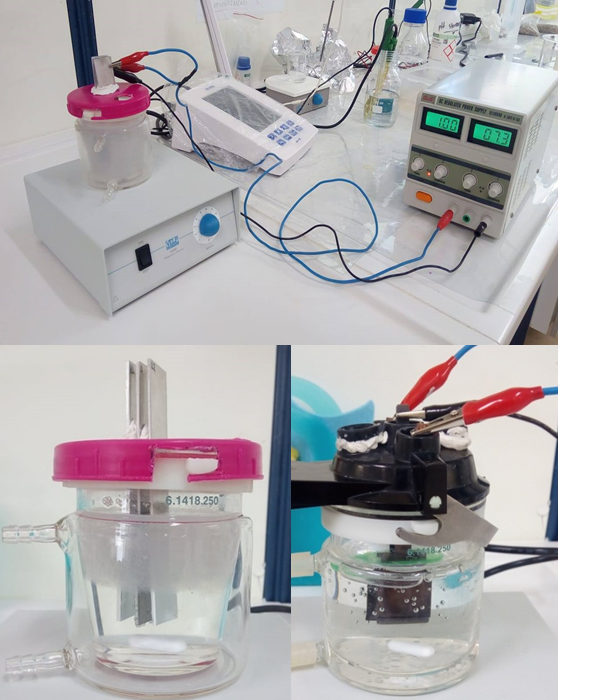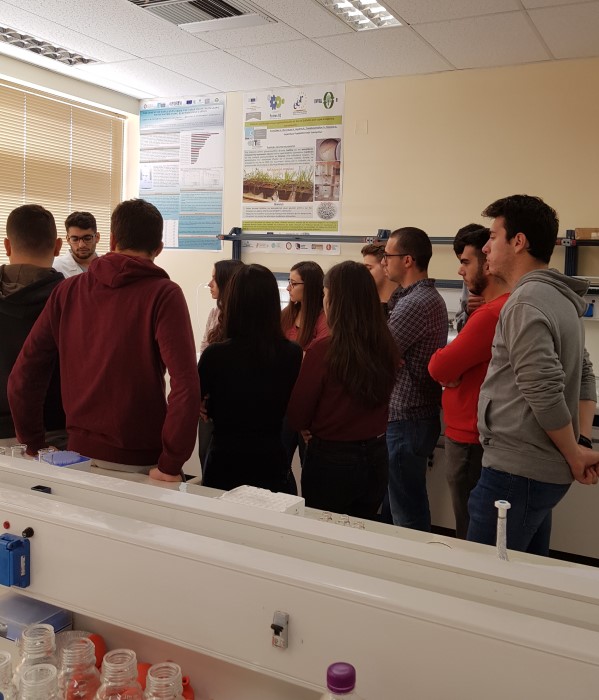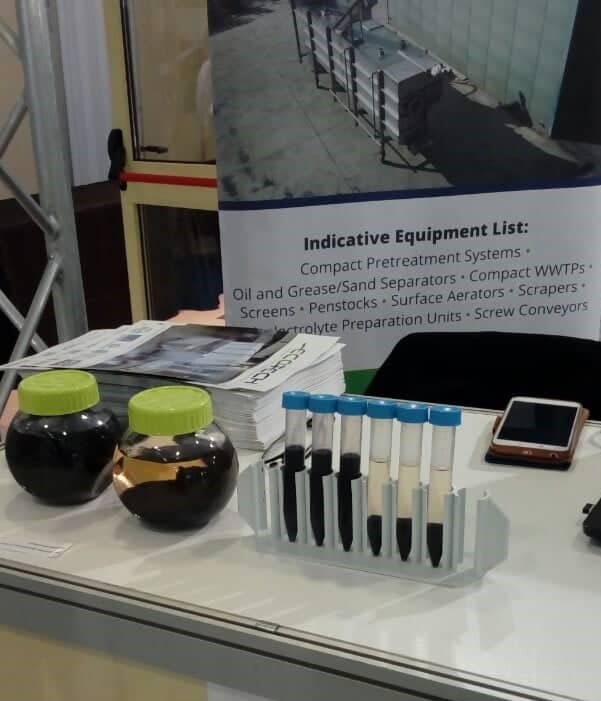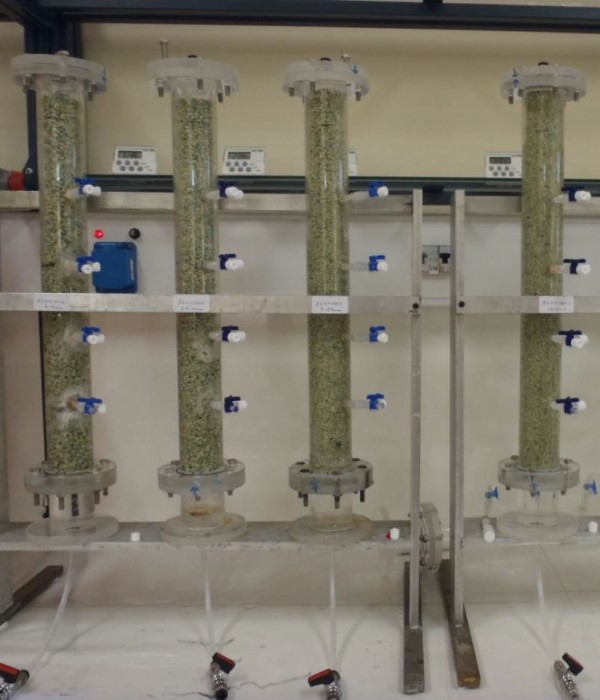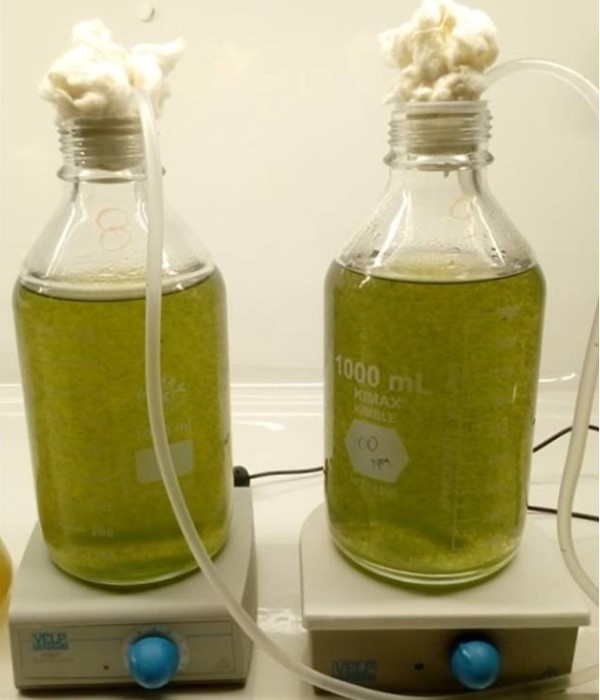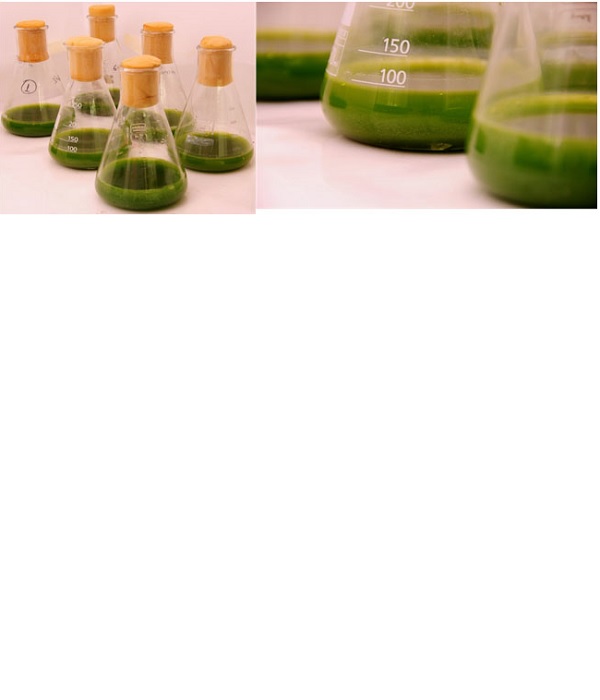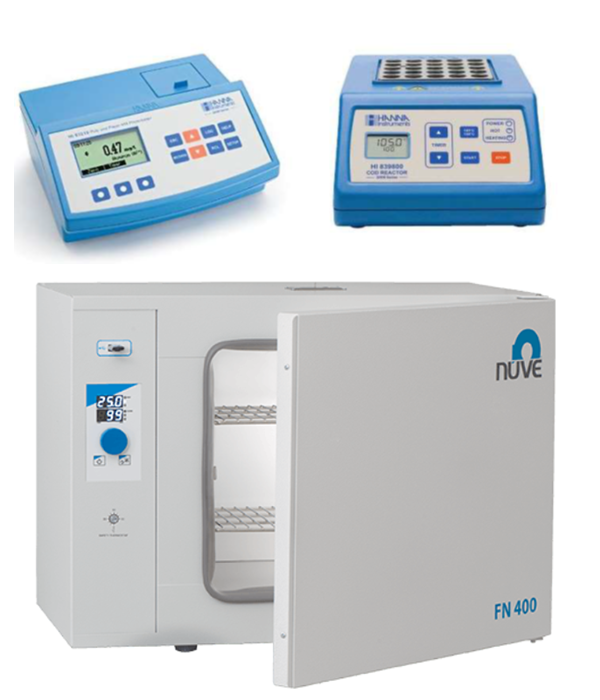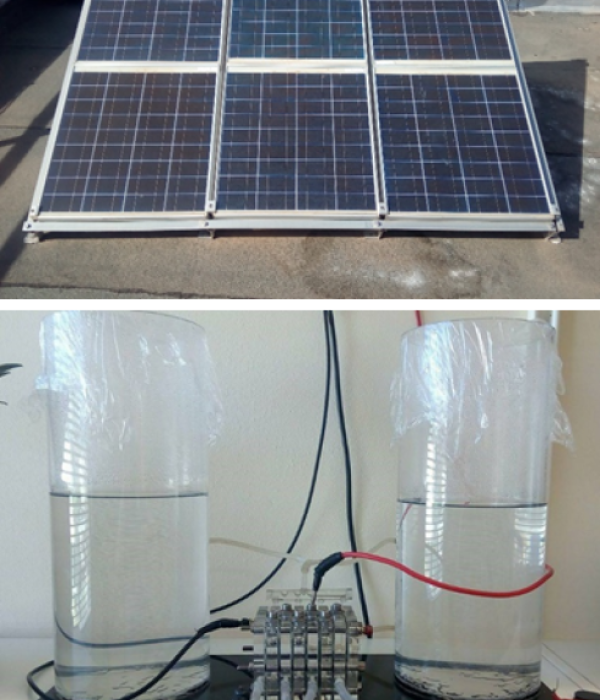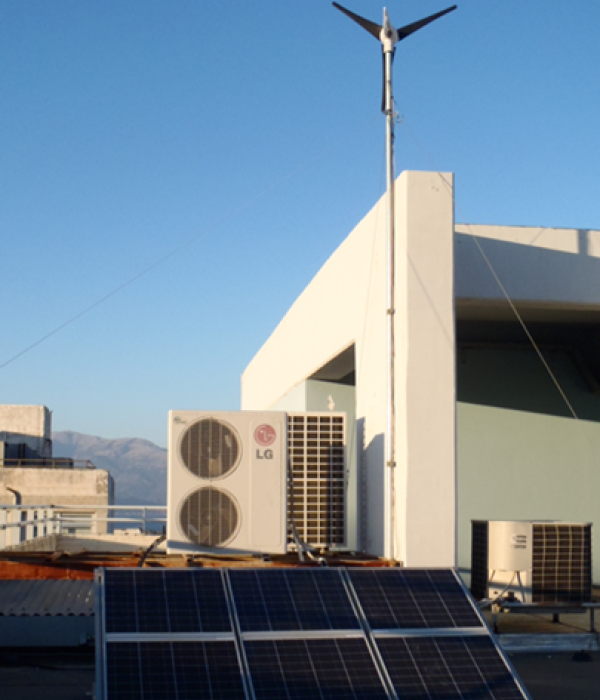
History
The Environmental Systems Laboratory was established in the Department of Chemical Engineering of the University of Patras in 2015. The aim of the Laboratory is to conduct high-level research in environmental protection and to develop new technologies for this purpose. Laboratory is specialized in heterogeneous biological (porous materials, filters) and electrochemical systems.
Currently, at the laboratory are 2 postdoctoral fellows, 5 doctoral candidates and 10 undergraduate students. It is worth noting that the Laboratory is very well equipped for all the carried out activities. The basic operating principle of the Laboratory is an in-depth understanding of the mechanisms underlying the processes under study and the conversion of knowledge into know-how and ultimately into technology.
Activities
Micro-laboratory-scale experiments are designed to study the mechanisms governing biological and electrochemical processes. These processes are then described by mathematical models to allow predictability and the ability to design processes. Then pilot systems are developed in the Laboratory where model predictions are verified / confirmed and large scale operational problems are addressed.
Finally, industrial systems are designed and manufactured to test the results of the research effort in practice. This mode of operation of the Laboratory has proven to be very successful as it provides many learners with it, is a comprehensive effort with significant results and successfully brings the research activity into contact with social / environmental problems.
Standard Equipment
In order to minimize the operating costs of the processes for the supply of electricity, renewable energy sources from photovoltaic systems and wind turbines are used.

